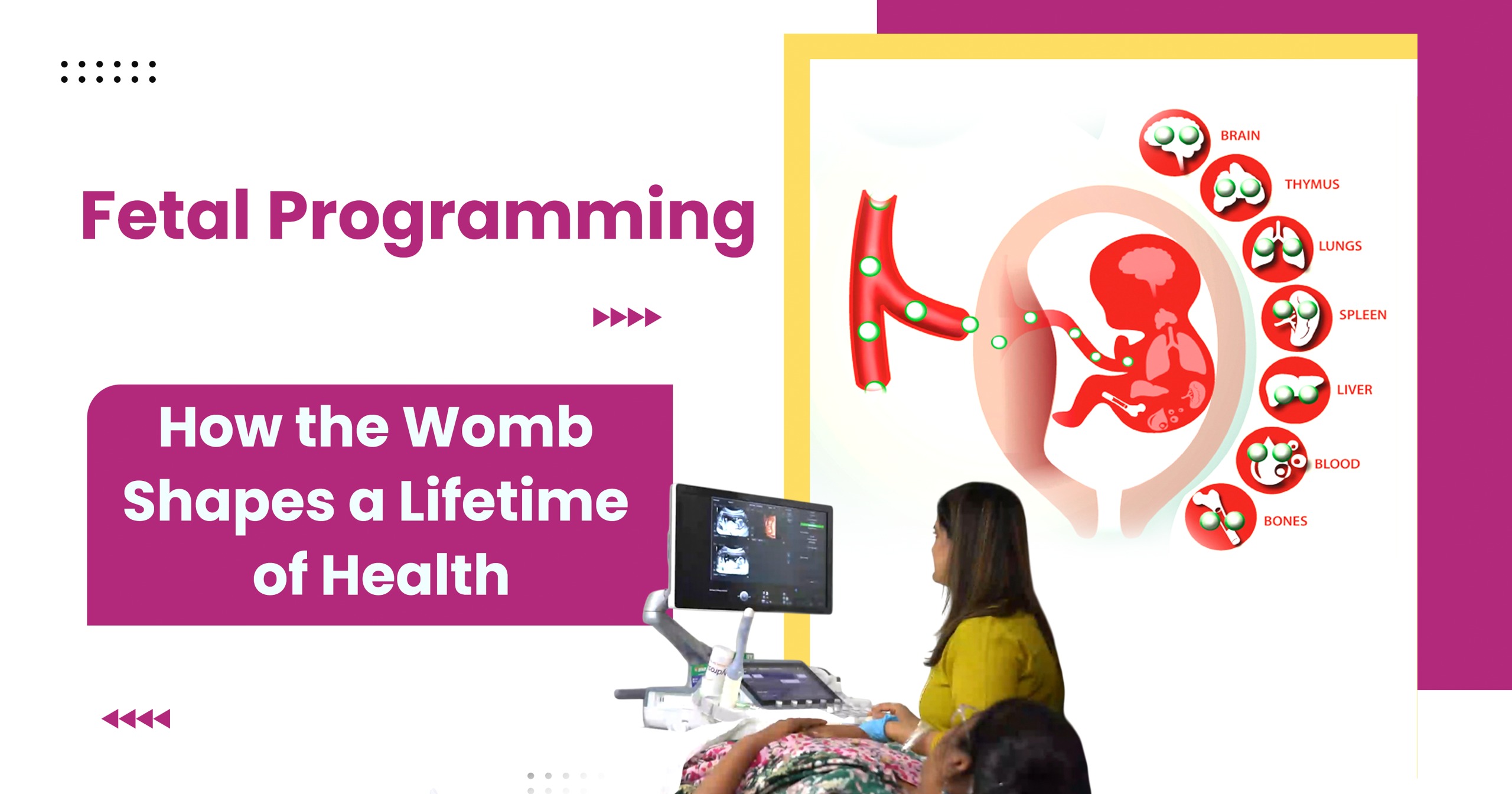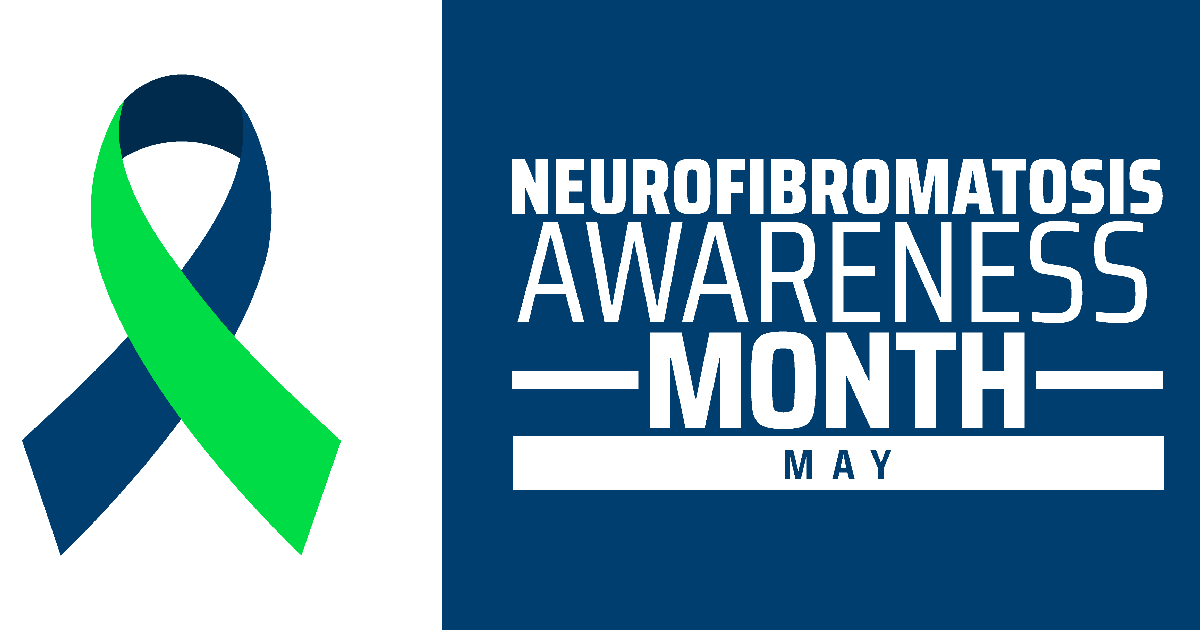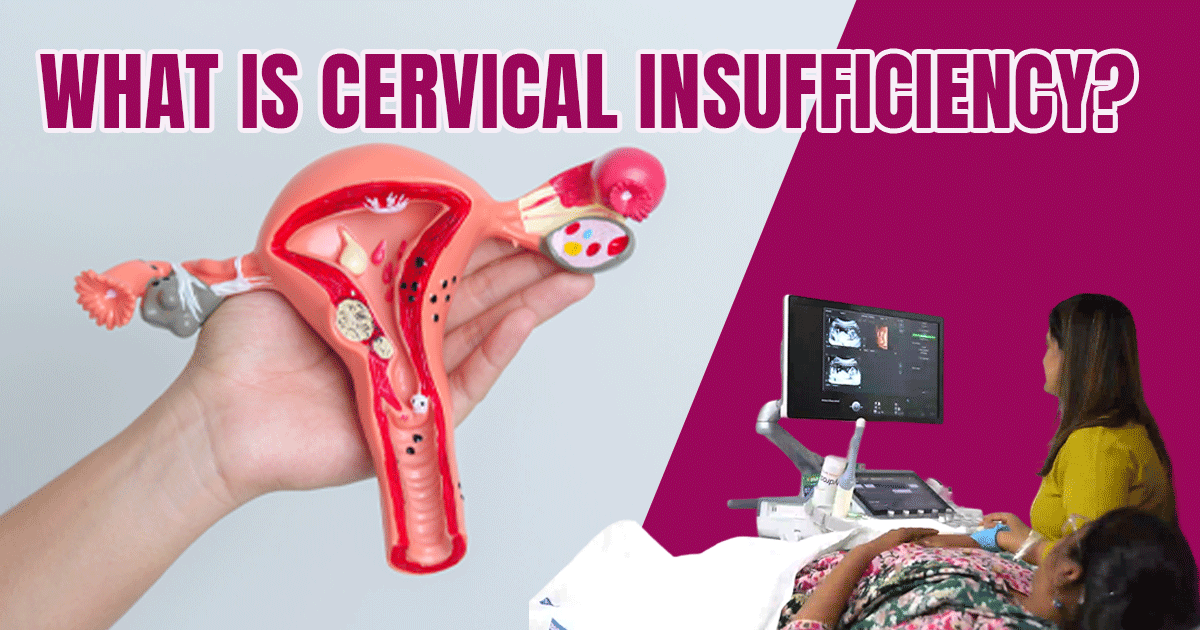What is Fetal Medicine?
Fetal medicine is a subspecialty of obstetrics and gynecology that deals with the diagnosis, management, and treatment of conditions related to the fetus during pregnancy. This branch of medicine includes a wide range of services, from early screening and genetic testing to advanced monitoring and intervention for conditions affecting the fetus. Maternal-fetal medicine specialists (MFMs) are highly trained doctors who have expertise in both obstetrics and the management of high-risk pregnancies.
Fetal medicine professionals work alongside obstetricians, neonatologists, and genetic counselors to provide comprehensive care. Their goal is to detect and treat potential fetal issues early on, optimizing outcomes for both the mother and the baby.
The Role of Fetal Medicine in Pregnancy
Fetal medicine plays a vital role in managing a wide range of pregnancy-related challenges. It involves several key aspects of care, each designed to detect, manage, and treat issues that may arise during pregnancy.
1. Early Detection and Screening
Fetal medicine specialists focus on early screening and diagnostic testing to detect potential problems as early as possible. Some of the screening techniques include:
- First-Trimester Screening: Fetal medicine specialists may perform ultrasounds and blood tests in the first trimester to assess the risk of chromosomal conditions such as Down syndrome, trisomy 18, and other fetal anomalies.
- Anatomy Ultrasound (20 Weeks): A more detailed ultrasound is typically performed in the second trimester to examine the baby’s organs, bones, and growth patterns. This scan can detect abnormalities like neural tube defects, heart conditions, and limb deformities.
- Non-Invasive Prenatal Testing (NIPT): NIPT analyzes small fragments of fetal DNA circulating in the mother's blood. It provides an early and highly accurate method for detecting chromosomal abnormalities.
By detecting potential issues early in pregnancy, fetal medicine specialists can offer timely interventions, provide genetic counseling, and ensure that appropriate care is in place.
2. Managing High-Risk Pregnancies
Fetal medicine plays a crucial role in managing pregnancies that are classified as high-risk. High-risk pregnancies are those where either the mother or the baby is at a greater risk of complications. These can include conditions such as:
- Gestational diabetes
- Preeclampsia (high blood pressure)
- Preterm labor
- Multiple gestations (twins, triplets, etc.)
- Previous history of pregnancy complications
Fetal medicine specialists monitor and manage these conditions more closely to prevent complications. For example, in cases of preeclampsia, close monitoring of maternal blood pressure and the baby’s growth and development may be necessary. In the case of multiple pregnancies, fetal medicine doctors may assess how the babies are growing and if one or more require extra care.
3. Invasive Testing and Diagnosis
When non-invasive screenings suggest a risk of fetal abnormality, fetal medicine specialists may recommend more invasive diagnostic tests. These tests can provide a definitive diagnosis and help guide treatment decisions. Common tests include:
- Amniocentesis: A procedure where a small sample of amniotic fluid is taken to test for genetic conditions such as Down syndrome, cystic fibrosis, and other inherited disorders.
- Chorionic Villus Sampling (CVS): A procedure in which a small sample of the placenta is taken for genetic testing to identify chromosomal or genetic abnormalities.
These procedures are typically offered when there is a higher risk of abnormal results, such as an abnormal screening test or family history of genetic conditions.
4. Fetal Monitoring and Intervention
For pregnancies involving complications, fetal medicine specialists may use advanced monitoring techniques to keep track of the baby’s well-being. Some of the common interventions and monitoring methods include:
- Fetal Heart Rate Monitoring: This can help detect signs of fetal distress, particularly during labor, and assess the overall health of the baby.
- Umbilical Doppler Studies: This test checks the blood flow in the umbilical cord, which can be crucial for identifying issues related to fetal growth restriction, high blood pressure, or problems with placental function.
- Fetal Surgery: In rare cases, fetal medicine specialists can perform surgeries to correct certain conditions while the baby is still in the womb. For example, fetal surgery can correct spina bifida or repair certain congenital heart defects before birth.
5. Genetic Counseling
Genetic counseling is an integral part of fetal medicine, particularly for families with a history of genetic disorders or abnormal test results. Genetic counselors help parents understand the risks of passing on genetic conditions and provide information on available testing options. They also assist families in making informed decisions about pregnancy management and treatment options.
6. Postnatal Care and Support
Fetal medicine specialists don’t just focus on pregnancy but also provide critical postnatal care if necessary. For babies born with medical conditions or birth defects, fetal medicine specialists often work closely with neonatologists and pediatric surgeons to ensure the baby receives the proper care after delivery.
7. Fetal Medicine for Multiple Pregnancies
Carrying multiples, such as twins or triplets, increases the complexity of the pregnancy. Fetal medicine specialists closely monitor the growth and health of each fetus, checking for signs of intrauterine growth restriction (IUGR), twin-to-twin transfusion syndrome (TTTS), or other complications that can arise with multiple pregnancies.
Conclusion
Fetal medicine plays an essential role in ensuring a healthy pregnancy by providing specialized care, early detection, and management of high-risk pregnancies. The expertise of maternal-fetal medicine specialists enables the early identification and treatment of fetal conditions, ensuring both the mother and baby receive the best possible care.
If you’re expecting a baby and have concerns about your pregnancy or risk factors, working with a fetal medicine specialist can provide reassurance and guidance throughout your pregnancy journey. Early detection, close monitoring, and timely interventions are crucial in ensuring a healthy pregnancy and the best possible outcome for both mother and baby.





